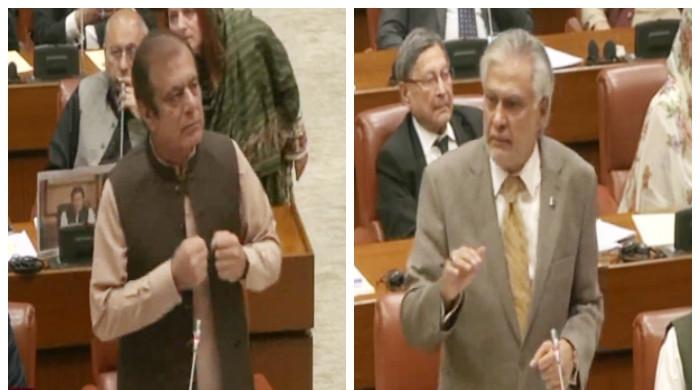Senate Passes Resolution Rejecting Indian Allegations
ISLAMABAD: The Senate of Pakistan has unanimously adopted a resolution dismissing India’s accusations linking Pakistan to the attack in Pahalgam, located in Indian Illegally Occupied Jammu and Kashmir (IIOJK). The Senate characterized these allegations as unfounded and politically driven.
The resolution, which was tabled during a Senate session, firmly condemned all manifestations of terrorism. It underscored that the targeting of innocent civilians is antithetical to Pakistan’s fundamental principles.
Furthermore, the resolution denounced India’s alleged propaganda efforts and its unilateral suspension of the Indus Waters Treaty. This suspension was deemed a violation that could potentially be construed as an act of aggression.
The resolution asserted Pakistan’s full readiness to safeguard its sovereignty and territorial integrity against any form of aggression.
It reiterated Pakistan’s steadfast support for the right to self-determination for the Kashmiri people and demanded that India be held accountable for its alleged involvement in acts of terrorism and targeted killings abroad, including those perpetrated on Pakistani soil.
This resolution was a response to what it termed as unilateral and unsubstantiated actions taken by India against Pakistan in the wake of the recent deadly incident in the occupied valley.
Following the aforementioned incident, New Delhi reportedly suspended a water-sharing agreement, declared the closure of the primary land border crossing with Pakistan, lowered diplomatic relations, and revoked visas for Pakistani citizens.
In response, Pakistan purportedly ordered the expulsion of Indian diplomats and military advisors, canceled visas for Indian citizens—excluding Sikh pilgrims—and closed the main border crossing from its side.
The United Nations (UN) has appealed to both Pakistan and India to exercise “maximum restraint,” emphasizing that any disputes between the two nations should be resolved peacefully through meaningful dialogue and mutual cooperation.
Deputy Prime Minister and Foreign Minister Ishaq Dar informed the Senate that while India avoided directly naming Pakistan, it alluded to Pakistani involvement without providing any substantiating evidence. He stated that India’s narrative was politically anticipated and lacked factual basis.
Dar briefed the House on the decisions made during the National Security Committee meeting, announcing that all Indian nationals present in Pakistan on SAARC visas must depart within 48 hours. He further emphasized that Pakistan is politically unified in its response to India’s actions.
He disclosed that 26 nations were briefed the previous day, with additional briefings scheduled for the present day. He also mentioned that the Foreign Minister of Saudi Arabia has requested a conversation.
Dar reaffirmed that Pakistan’s armed forces are completely prepared and cautioned that any hostile action will be met with a decisive response, mirroring past instances of retaliation. He clarified that the Indus Waters Treaty cannot be unilaterally revoked, as it necessitates mutual agreement as per the treaty’s stipulations.
Water, he noted, is critical for the survival of 240 million Pakistanis, and the National Security Committee has previously designated the threat of water denial as an act tantamount to war.
Leader of the Opposition in the Senate, Shibli Faraz, stated that the resolution conveys a united message to adversaries. He criticized India’s ongoing attempts to discredit Pakistan and emphasized that these endeavors have been unsuccessful. He urged that India be held internationally responsible for promoting terrorism, including within Pakistan.
Faraz questioned how a significant event could transpire under the watch of over 750,000 Indian troops in Kashmir, and highlighted India’s history of opposing Pakistan in every international forum.



Comments (0)
No comments yet. Be the first to comment!
Leave a Comment